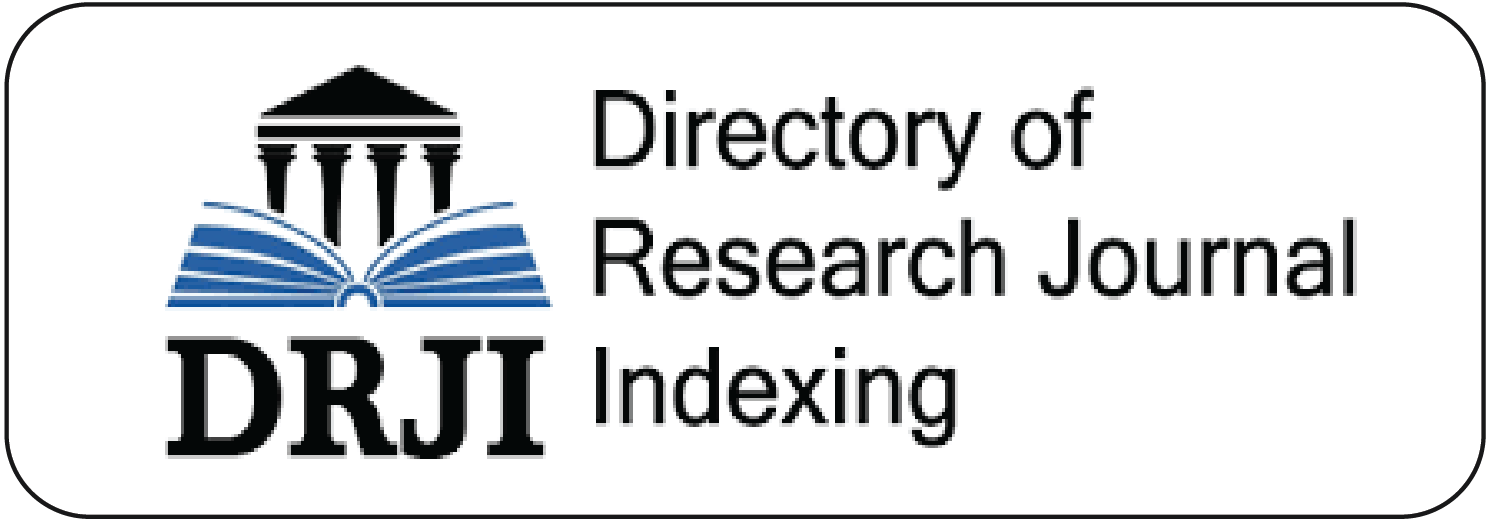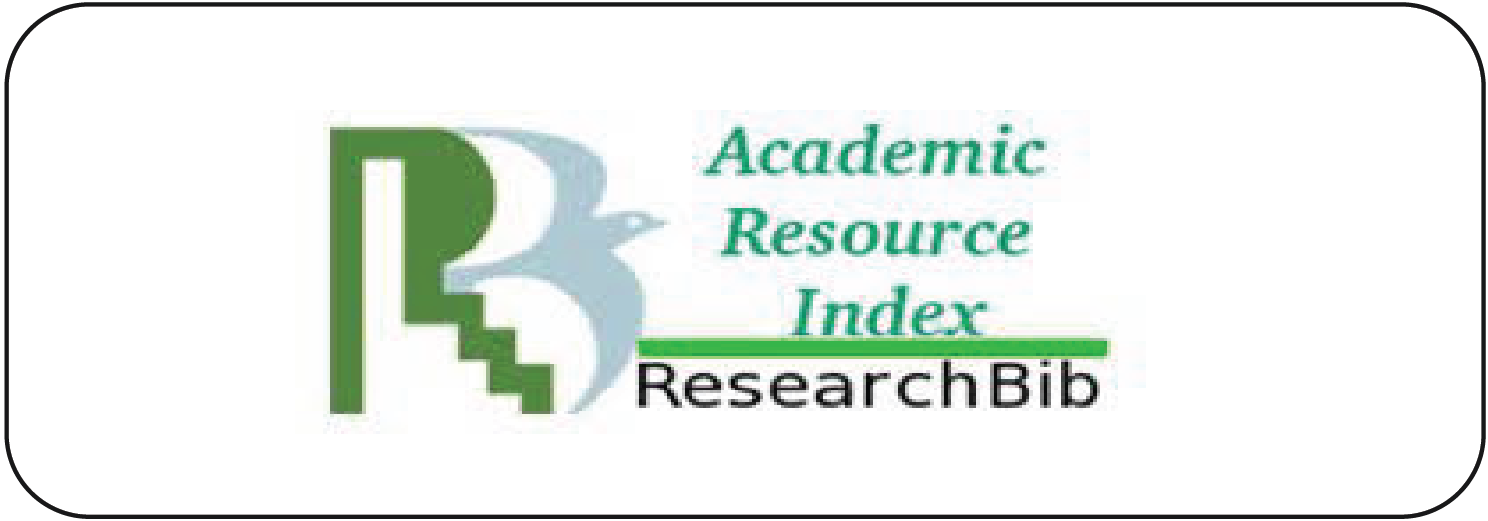Determinants Of Muslim Intention In Yogyakarta To Pay ZIS Online During The Covid-19 Pandemic
DOI:
https://doi.org/10.51377/azjaf.vol3no2.123Keywords:
Perceived Risk, UTAUT 2, Covid-19 Pandemic, Payment of zakat infaq and or alms onlineAbstract
The Covid-19 pandemic has become a period of crisis that has brought many changes to people's lifestyles. The Covid-19 pandemic makes people afraid of being infected by physical contact in every activity. Lack of research on this topic, so this study aims to find out how the determinants of people in Yogyakarta to pay zakat infaq and or alms online during the Covid-19 pandemic were modified based on previous research. This study examines data from 119 respondents with a sample of people living or domiciled in DI Yogyakarta, having income and being Muslim, and having paid zakat infaq and or alms online which was taken by random sampling which was then tested using SEM-PLS analysis with analytical tools. WarpPLS 7. The results of the analysis show that the perceived risk (PR) variable can affect all variables in the UTAUT 2 model to pay zakat, infaq, and sedekah or alms (ZIS) online, but cannot influence interest or behavioural intention. Then in the analysis to determine interest, the variables of performance expectancy, effort expectancy, social influence, and price value cannot influence people's interest in paying zakat infaq and alms online, while facilitating conditions, hedonic motivation and habit can influence it.
Downloads
Downloads
Published
How to Cite
Issue
Section
License
Copyright (c) 2022 Indika Farhatunnada, Muhammad Ghafur Wibowo

This work is licensed under a Creative Commons Attribution-NonCommercial-NoDerivatives 4.0 International License.





















